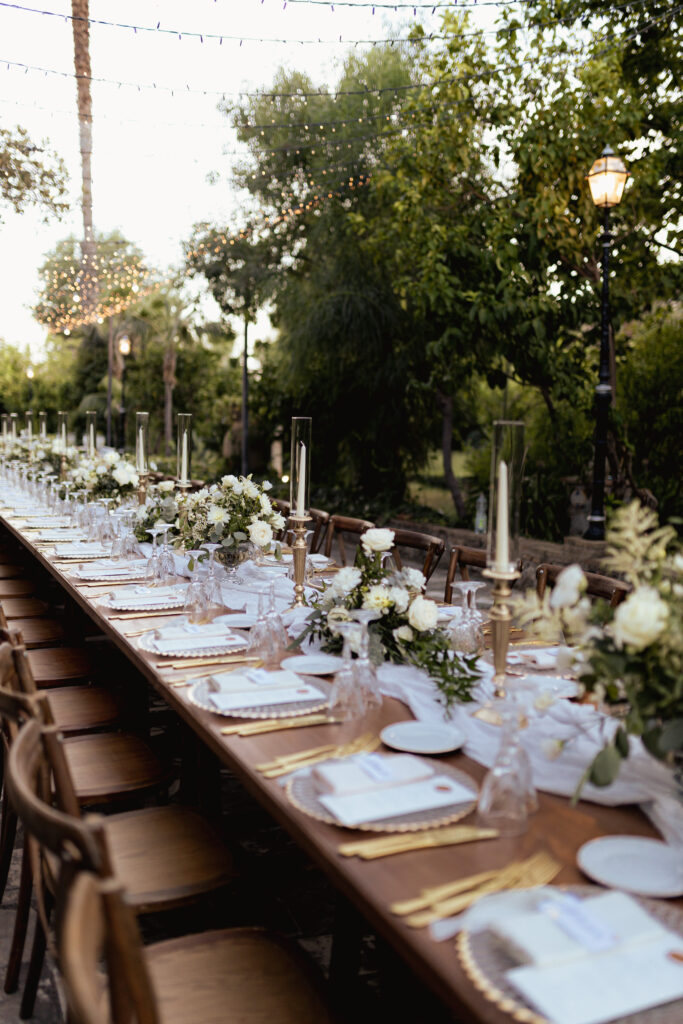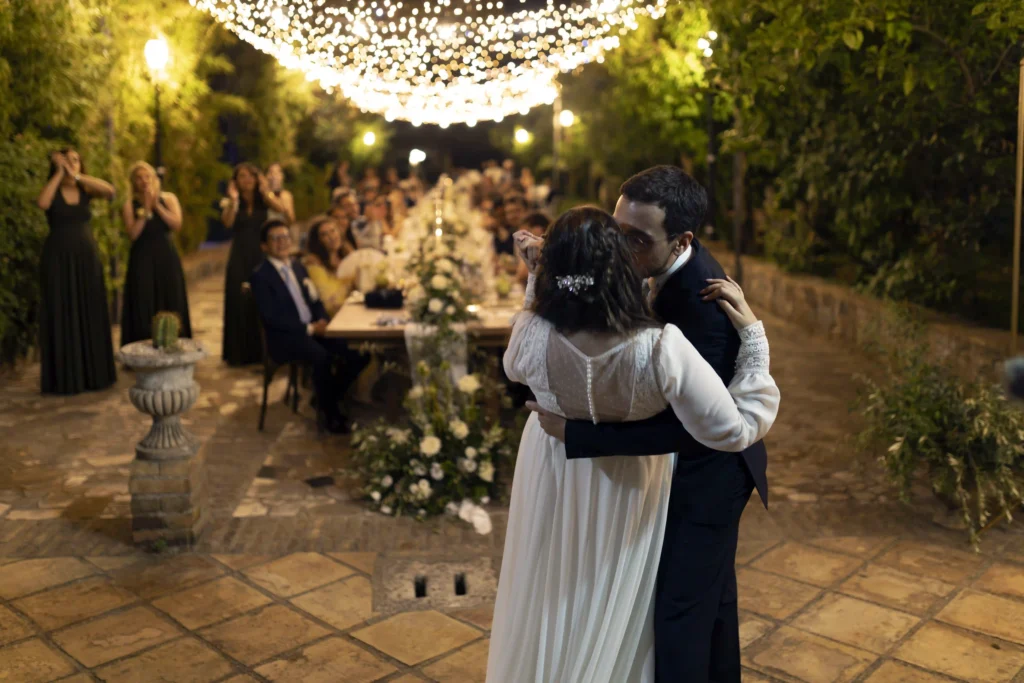Casa Comunale and Wedding Venues in Italy – Avoid Legal Pitfalls
mars 18, 2025
If you’re dreaming of a romantic wedding in Italy, you might picture exchanging vows in a stunning countryside villa, on a cliff overlooking the sea, or in the heart of a historic city. All of this is possible, but there’s one crucial detail that often gets overlooked: the legal requirements for a civil wedding in Italy.
Wedding venues in italy
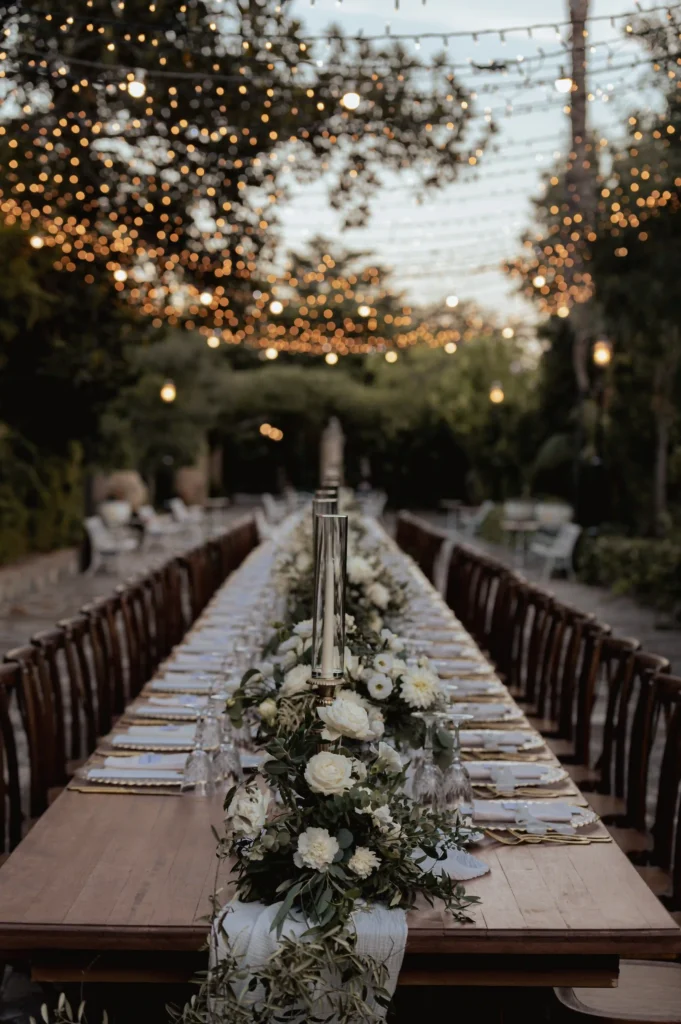
Wedding venues in italy
What is a Casa Comunale?
Wondering where you can legally have a wedding in Italy? A Casa Comunale is an officially approved location where civil weddings can take place in Italy. This includes town halls (municipio) and other specific venues authorized by the local municipality. If a location is not registered as a Casa Comunale, it cannot legally host a civil wedding – no matter how beautiful it is.
For many couples, this comes as a surprise. Unlike in some countries where you can marry almost anywhere with an officiant, Italy has strict regulations on where a legally recognized ceremony can take place. This means that picturesque locations like private villas, Agriturismo (farm stays), or even luxurious Airbnb properties are not necessarily permitted as civil wedding venues.
Here you will find an overview of some Case Comunali in Tuscany.
Can I Get Married at an Airbnb or Agriturismo in Italy?
Many couples book a breathtaking villa or an Agriturismo in the countryside, assuming they can hold the legal ceremony there. However, before you get too attached to a venue, it’s important to understand why it might not work for an official wedding:
- Legal Authorization: Only venues registered as a Casa Comunale can hold civil weddings. Most Airbnb rentals and Agriturismo properties do not have this certification.
- Local Regulations: Some municipalities require special permits for events on private properties, which can be difficult to obtain.
- Airbnb Policies: Can you host a wedding at an Airbnb in Italy? Not always! Airbnb often prohibits large gatherings and events, meaning a wedding could violate rental terms.
- Noise & Safety Restrictions: Italian law may impose limits on noise levels, guest numbers, or alcohol service on private properties.
This doesn’t mean you can’t have a beautiful wedding at a villa or an Agriturismo—it just means you may need to adjust your plans.

Wedding venues in italy
How Can You Get Married in a Stunning Italian Villa?
If you’ve already fallen in love with a private venue that isn’t a Casa Comunale, don’t worry! There are ways to make it work while ensuring a stress-free and legally valid wedding:
Civil Ceremony First
- Many couples choose to have a simple civil ceremony at the town hall (Comune), either on the same day or a few days before the main celebration. This ensures the marriage is legally binding, and then they can have a symbolic ceremony at their dream venue.
Choose an Approved Venue
- If you want a breathtaking backdrop for your official ceremony, consider a historic villa or estate that is registered as a Casa Comunale. Where can you find a Casa Comunale for weddings in Italy? Many beautiful locations are available—you just need to do some research or consult an expert.
hire a wedding planner
- An experienced wedding planner in Italy can guide you through the legal requirements, help with translations, and find the perfect venue that meets both your dreams and the legal regulations.
Getting married in Italy is a unique experience, but the legalities can seem overwhelming. Every country has its own rules, and depending on your nationality, there may be additional paperwork to handle.
The good news? With proper planning, it’s absolutely possible to have a hassle-free, beautiful, and legally valid wedding in Italy. Whether you choose a civil, religious, or symbolic ceremony, understanding the requirements in advance will help you avoid stress and focus on what truly matters—celebrating your love in one of the world’s most romantic destinations.
If you’re unsure where to start, reaching out to your embassy or hiring a local wedding planner can save you time, money, and potential complications. After all, the last thing you want on your big day is to be caught off guard by legal issues!
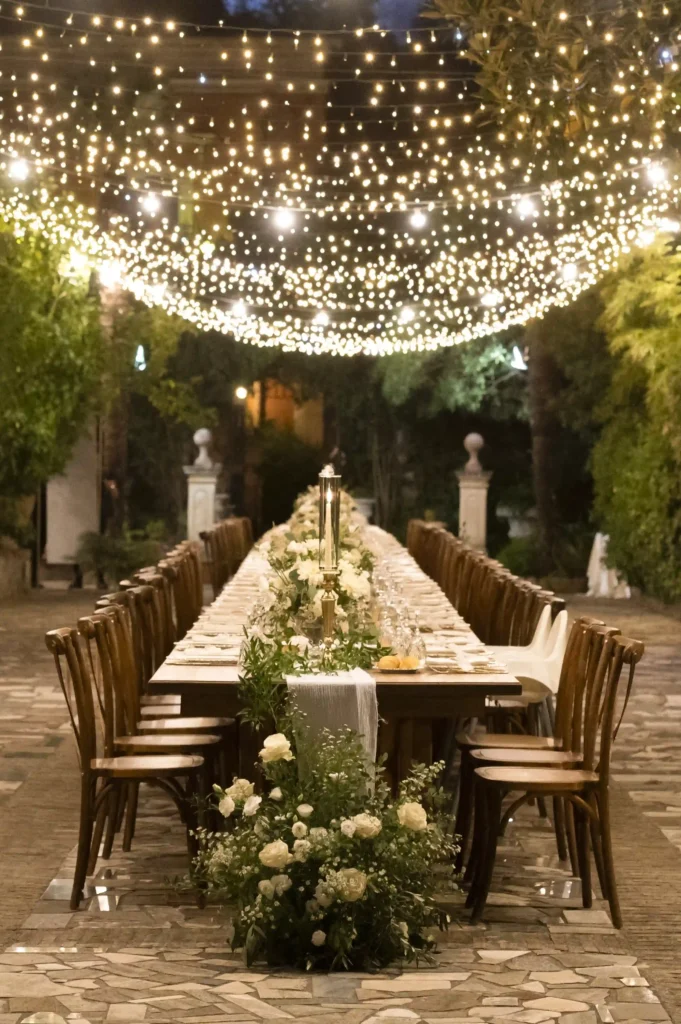
Wedding venues in italy
Wedding venues in italy
Articles that might interest you
Testimonials
Nina & Axel
|
“Anna took photos at the wedding and we are very pleased with the result.
She was very easy to deal with throughout the planning process, and was also super good on the wedding day itself.
We received many comments from the guests that the photographer had been so nice, and would highly recommend Anna to other brides and grooms.”

Testimonials
Åse-marie & mats
|
“Anna has managed to recreate the mood of our big day in the pictures. We are very grateful that we chose her as our wedding photographer. She is skilled and extremely pleasant.
A passionate photographer, with a big heart for love..”
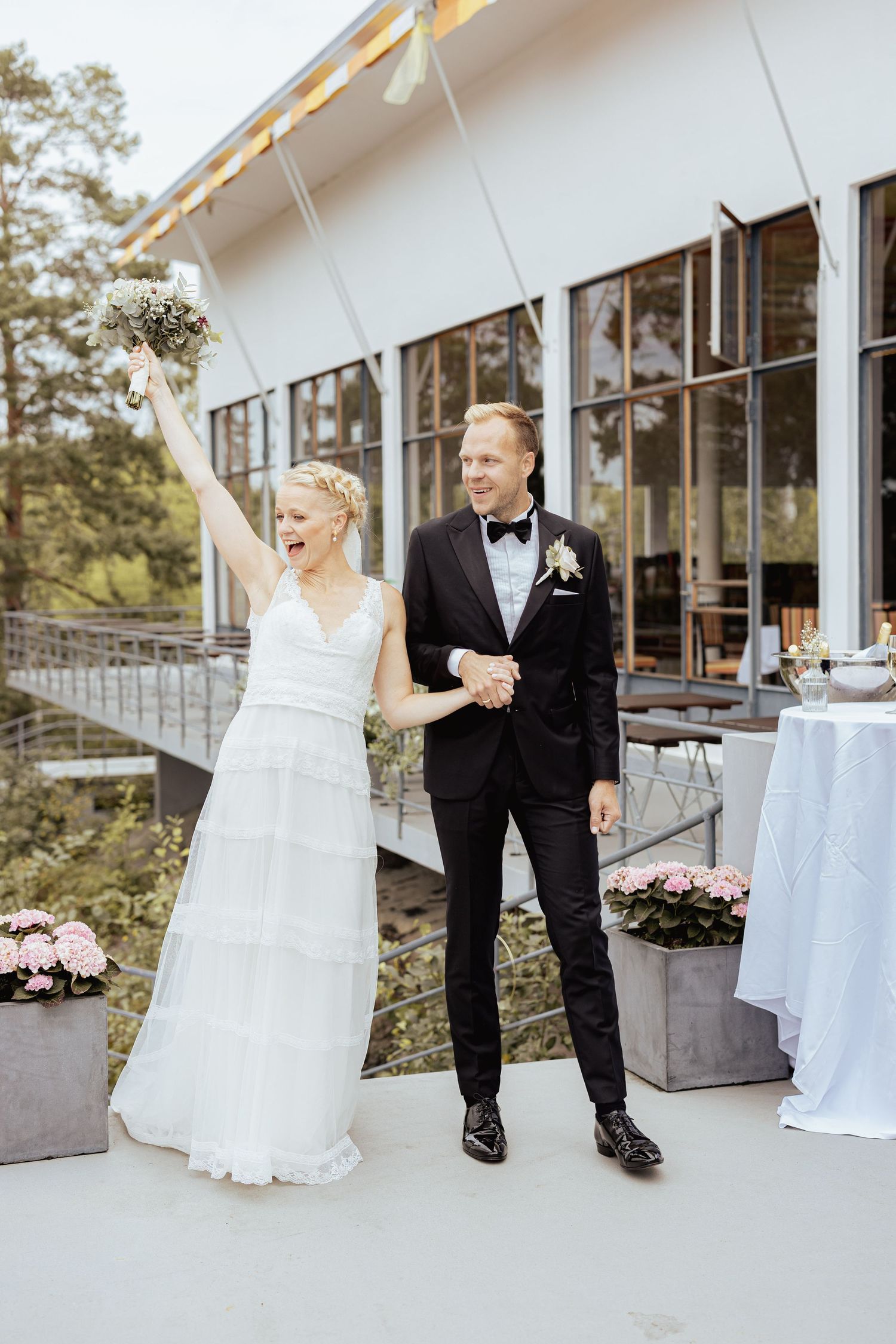
Testimonials
Lotte & Marcus
|
“Anna was the photographer at our wedding, and we are very satisfied with the planning before, the communication along the way and the photos we got afterwards. She delivered beautiful photos and faster than expected.
In addition to being a skilled photographer, she is a very nice and warm person. Several of our guests have subsequently mentioned her and said she was very sweet. A big plus!
All in all, a very good experience and can strongly recommend her further.”
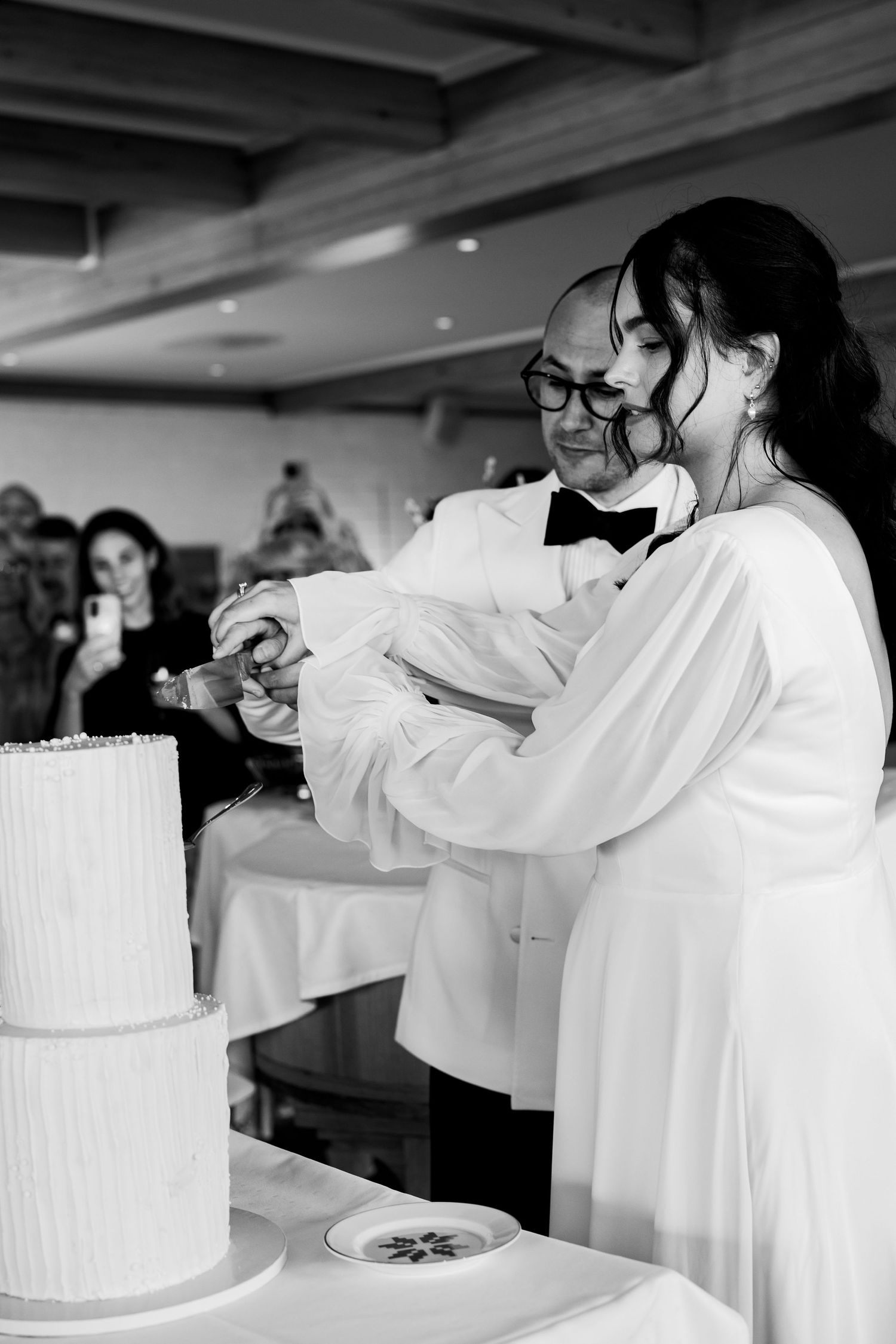
Testimonials
J & J
|
“Anna was very good from start to finish. Reassurance that she had an overview and a plan for the day. She was in all the right places throughout the wedding day. Without taking up too much space. Pleasant person to be around. The quality was very good! She captured the important moments very well. Everything was covered and more. The communication and response throughout the process was also very good. I would recommend her!”
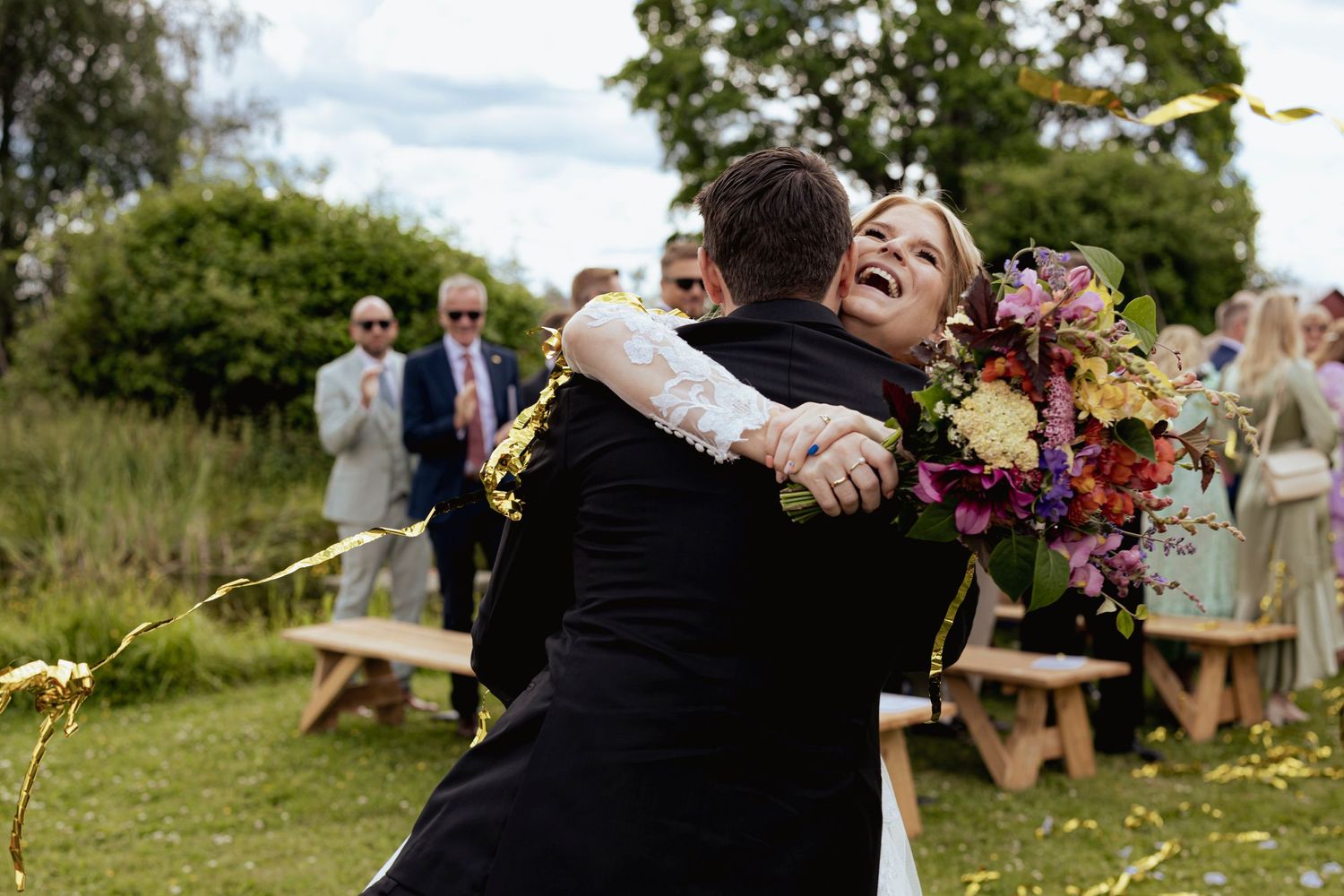
Testimonials
Ida & Robert
|
“We had the pleasure of having Anna as a wedding photographer at our wedding. Anna is not only a person with an incredibly pleasant appearance, but also an incredibly talented photographer. Her ability to capture the small, special moments and emotions throughout the day is very impressive. The images are stunning and truly reflect the essence of our big day and we couldn’t be happier with her work.
Highly recommended for anyone who wants a photographer who really knows how to capture the magic of love!”
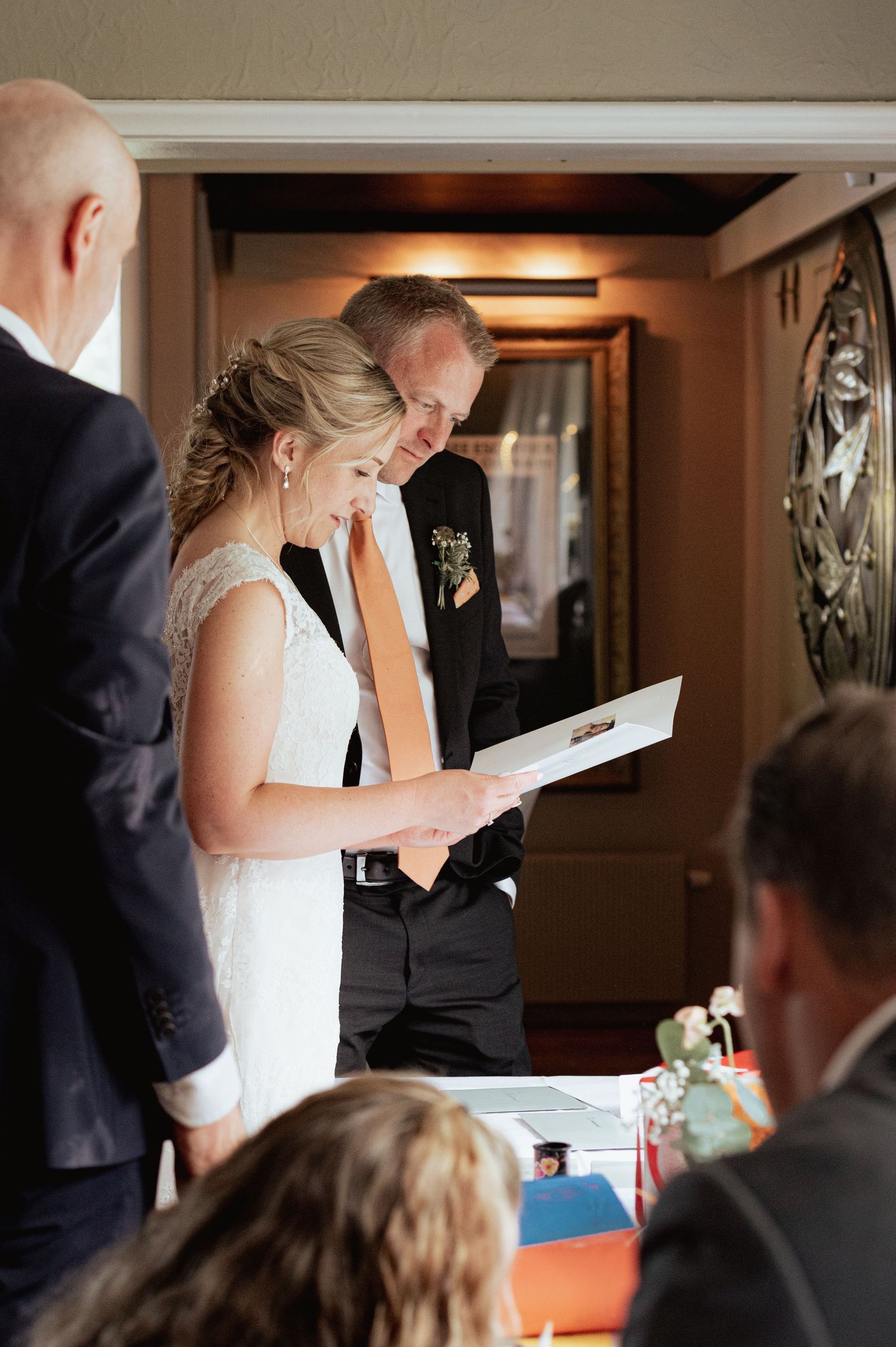
Testimonials
Nina & Axel
|
“Anna took photos at the wedding and we are very pleased with the result.
She was very easy to deal with throughout the planning process, and was also super good on the wedding day itself.
We received many comments from the guests that the photographer had been so nice, and would highly recommend Anna to other brides and grooms.”

Testimonials
Åse-marie & mats
|
“Anna has managed to recreate the mood of our big day in the pictures. We are very grateful that we chose her as our wedding photographer. She is skilled and extremely pleasant.
A passionate photographer, with a big heart for love..”

Testimonials
Lotte & Marcus
|
“Anna was the photographer at our wedding, and we are very satisfied with the planning before, the communication along the way and the photos we got afterwards. She delivered beautiful photos and faster than expected.
In addition to being a skilled photographer, she is a very nice and warm person. Several of our guests have subsequently mentioned her and said she was very sweet. A big plus!
All in all, a very good experience and can strongly recommend her further.”

Testimonials
J & J
|
“Anna was very good from start to finish. Reassurance that she had an overview and a plan for the day. She was in all the right places throughout the wedding day. Without taking up too much space. Pleasant person to be around. The quality was very good! She captured the important moments very well. Everything was covered and more. The communication and response throughout the process was also very good. I would recommend her!”

Testimonials
Ida & Robert
|
“We had the pleasure of having Anna as a wedding photographer at our wedding. Anna is not only a person with an incredibly pleasant appearance, but also an incredibly talented photographer. Her ability to capture the small, special moments and emotions throughout the day is very impressive. The images are stunning and truly reflect the essence of our big day and we couldn’t be happier with her work.
Highly recommended for anyone who wants a photographer who really knows how to capture the magic of love!”


